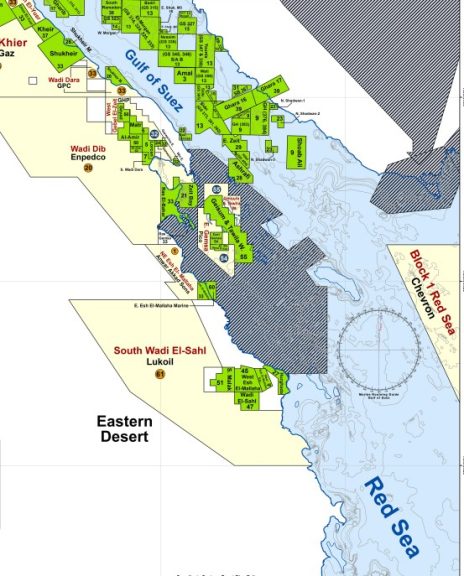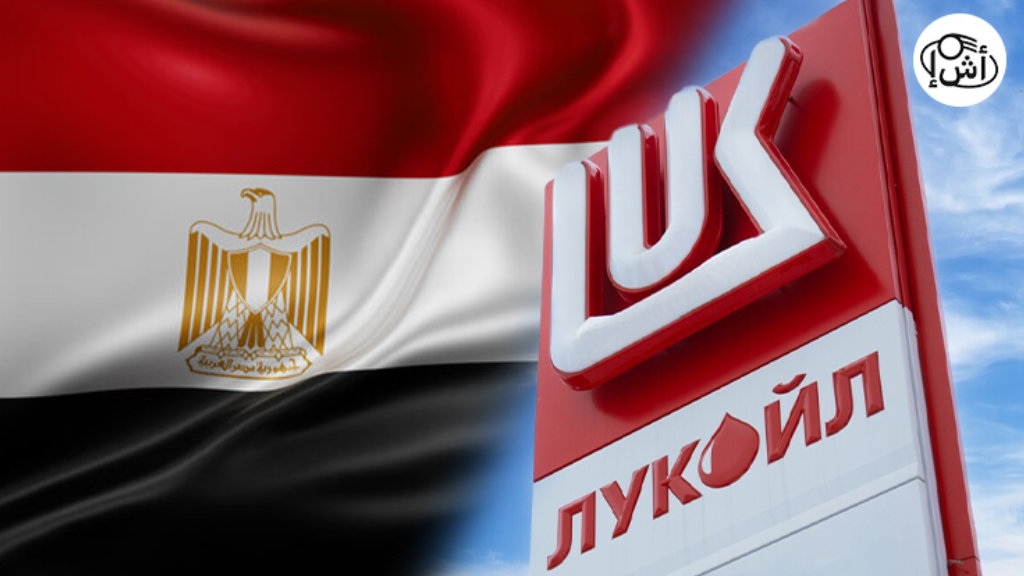According to the Egypt Upstream Gateway, which operates on behalf of the Egyptian Petroleum and Mineral Resources Ministry, Russia’s Lukoil is interested in acquiring Egypt’s South Wadi El-Sahl block. A memorandum of understanding for the project is expected to be signed during the Egypt Energy Show (EGYPES), which takes place in Cairo on February 17-19.
The new concession is located near projects that Lukoil is already working on, such as West Esh El Mallaha and Development Extension for West Esh El Mallaha, as well as adjacent to Wadi El-Sahl, which the company expects to receive approval for soon.
Lukoil has been operating in Egypt since 1995. The company’s first project in the country was the Meleiha concession, with a 24% stake, while the operator, Italy’s Eni, holds 76%. Active exploration, including 3D seismic surveys and exploratory drilling, revealed several highly productive fields – North Nada and Gawaher (2007), Arcadia (2010), Emri Deep (2012), Rosa North (2013) and Meleiha-West (2014). Commercial production is carried out at the Rosa North field.
In December 2020, a new oil field was discovered in the Arcadia South structure.

In 2002, Lukoil joined the West Esh El Mallaha (WEEM) concession in the Eastern Desert, near Hurghada, where production has been ongoing since 1998. In 2009, the company joined the WEEM Extension (an area adjacent to the WEEM block to the northeast). Lukoil holds a 50% stake in both of these projects (as operator), with the remaining 50% held by the Egyptian company Tharwa Petroleum. Geological exploration commitments were fulfilled as part of the contract, including drilling exploratory wells and conducting 3D seismic surveys. Test production began in 2010, and a twenty-year development license was obtained at the same time.
The move showcases Russia’s continued appetite for oil exploration and development contracts at rates more competitive than nearby European companies. Egypt and Africa overall needs more energy resources to cater for its development potential well into the rest of the century.
Further Reading
Russia, Egypt, 2025 Bilateral Trade, Geopolitical and Investment Relations: Update

 Русский
Русский













